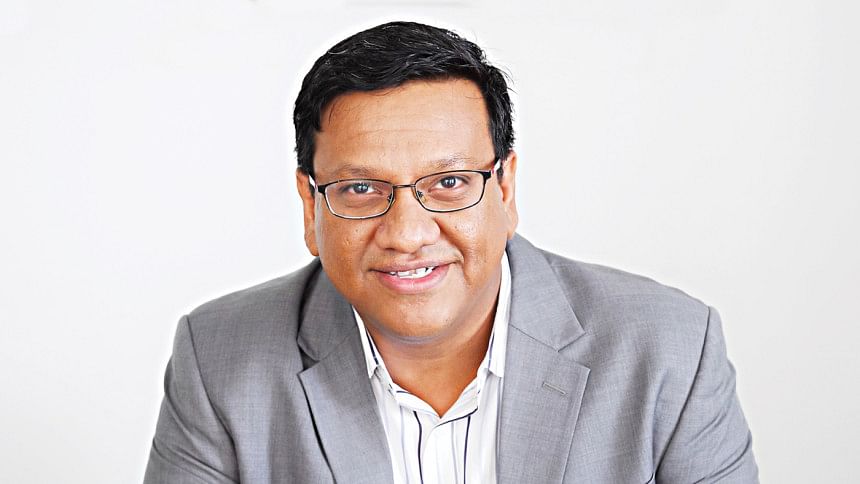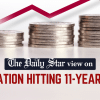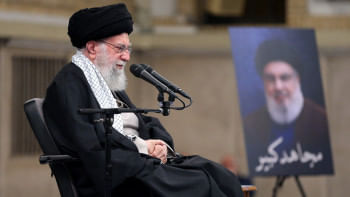Voices of poor remain unheard in policymaking

The voices of disadvantaged groups, the poor and small entrepreneurs have remained unheard when it comes to policy-making as fiscal policies have been captured by vested sections of society, alleged Towfiqul Islam Khan, a senior research fellow of the Centre for Policy Dialogue.
The government is currently implementing a loan programme of the International Monetary Fund and this requires the country to take several measures to cut subsidy expenditures, reduce tax exemptions, and enhance revenue collection.
"During these adjustments, striking a balance between the interests of various groups will be critical. But in this tug of war, the voice of the general people often can't be heard," Khan told The Daily Star in an interview.
He said this was felt during the policy adjustments in response to the ongoing crisis brought on by the Russia-Ukraine war and a lack of time-befitting measures at home.
Khan pointed out that the cuts in subsidies for petroleum products, agriculture inputs or electricity were frequent and drastic. In contrast, the government appears to be hesitant while reducing tariffs and taxes on daily essentials or taking strong steps in curbing tax evasions or reducing direct tax exemptions for the sectors that have been enjoying such privileges for a long period.
Indeed, the current political economy circumstances do not allow the government to take required policy steps where vested groups are strong and policy implementation is difficult, he said.
According to the economist, the government's measures aimed at providing relief to low-income people in the current fiscal year have also remained inadequate despite a severe cost-of-living crisis.
He said the government has been showing an inflated budgetary allocation for the last several years by including various "non-compatible" projects in the social safety net programmes.
The same situation prevails in other areas of economic governance.
Owing to weak economic governance, the banking sector suffered the most as loan defaults have gone through the roof.
Default loans increased by Tk 10,964 crore in the first three months of 2023 to hit Tk 131,621 crore in March thanks to a lack of corporate governance in the banking sector, data from the Bangladesh Bank showed.
Similarly, Khan said, despite repeated calls for actions and amid unprecedented foreign exchange shortage, no steps were taken to curb the hundi operation although measures were identified as part of the action plan of the government against anti-money laundering.
Owing to the illegal cross-border money transfer system, remittance flows to Bangladesh have not surged despite a record number of people going abroad in search of jobs in 2022.
The policy actions taken to tackle the ongoing macroeconomic crisis also favoured the vested groups, he said.
For example, the apparent attempts to regulate imports, including those of essential commodities, allegedly restricted small businesses from enjoying a level-playing field as commercial banks have not extended required US dollars to them.
"As a result, the market has become more manipulative and less competitive. Surely, this was not the original intention of the policymakers."
He said owing to deepening manipulation, the prices of essential commodities have remained high in Bangladesh despite their drops in the international markets and the government is struggling to contain higher inflation.

 For all latest news, follow The Daily Star's Google News channel.
For all latest news, follow The Daily Star's Google News channel. 








Comments